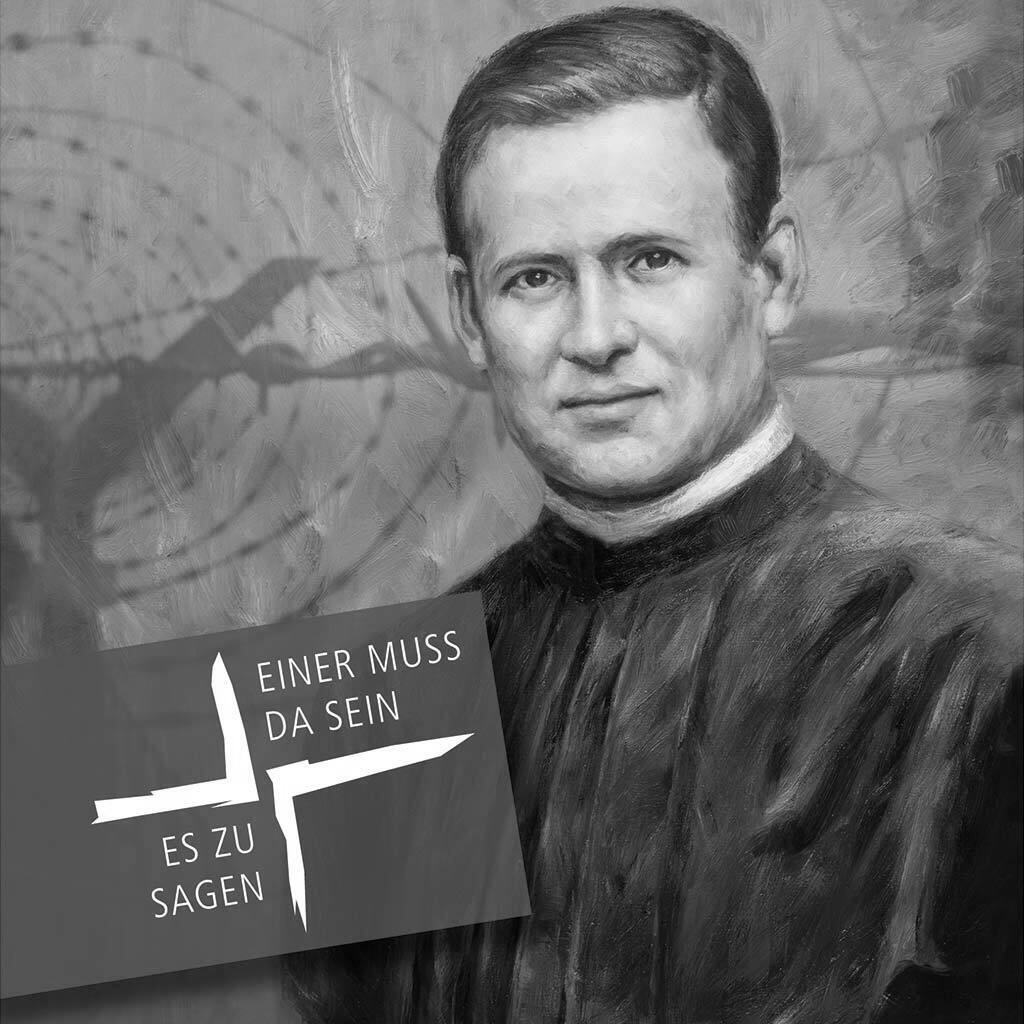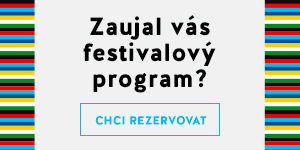
“Even if the truth destroys me” – P. Richard Henkes, builder of bridges between Germans and Czechs
The exhibition lasts from June 22 to 30
The Czech-German exhibition will commemorate Richard Henkes, a Pallottine priest persecuted by the Gestapo, who sacrificed himself in Dachau while taking care of typhus patients.
Richard Henkes was born in Ruppach, Germany. From an early age, he was formed by the priests of the Society of the Catholic Apostolate, the so-called Pallottines. In 1919, he entered the novitiate and four years later made his perpetual vows. He successfully completed his theological studies and was ordained a priest in 1925. He worked as a teacher and focused on young people in his pastoral care. In 1941 he became a parish priest in the Hlučín region. In a letter, he writes about his time in Silesia: “I have accustomed myself to this region and these people, here is my place, here are my joys and my worries, these people are in my heart…There is a lot of work for me here.”
He was openly opposed to Nazism, and the Gestapo pursued him. In his own words: “Someone has to state the facts truthfully.” In 1943, he was arrested for “using the pulpit to incite the nation to revolt” and deported to the Dachau concentration camp. There he met, among others, Josef Beran, a priest and later the Archbishop and Cardinal of Prague. When a typhus epidemic broke out in the camp in December 1944, Richard Henkes volunteered to take care of the infected. However, he contracted the disease himself and died. In 2019, Richard Henkes was beatified.
All informative texts will be presented in Czech and German.

